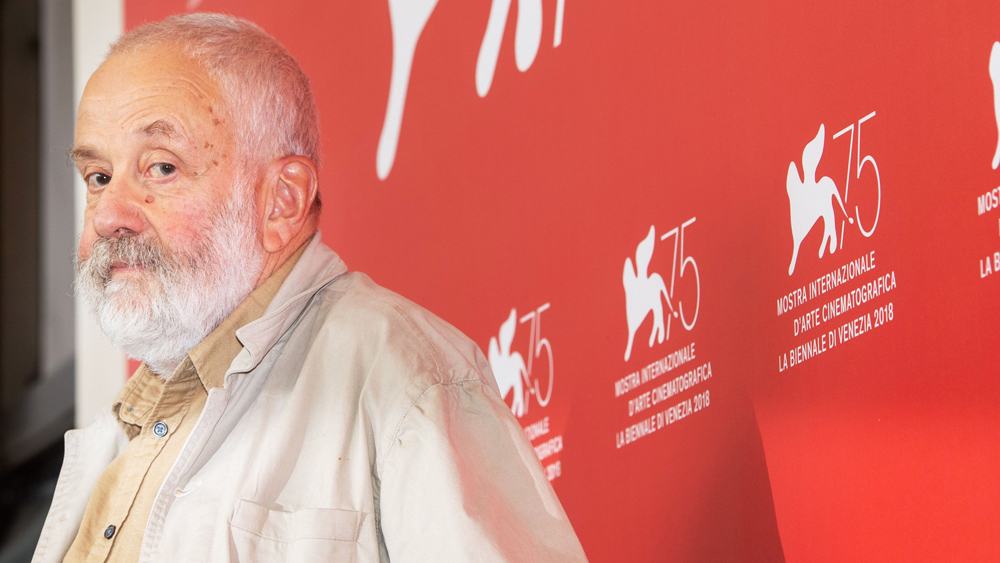Mike Leigh on ‘Peterloo’: ‘It’s About Voices Being Heard’
By Damon Wise
LOS ANGELES (Variety.com) – Historical epics can defeat the very best auteurs. Stanley Kubrick was thwarted by “Napoleon.” Sergio Leone fell at “Leningrad.” Yet Britain’s Mike Leigh delivered “Peterloo” just five years after his Cannes hit “Mr. Turner.” The subject is a political demonstration that took place in Manchester, England, in the fall of 1819, when armed troops attacked a civilian crowd of more than 60,000 people who had gathered in St Peter’s Field to call for parliamentary reform.
You might imagine that this was a long-gestating project for the 75-year-old, but that seems not to be the case. “It vaguely occurred to me [to do it] quite a long time ago,” he muses, “but then I forgot all about it. But the interesting thing is that I, and a bunch of people who grew up in the north, in Manchester, really didn’t know about it. It’s Manchester’s best-kept secret, for some reason that’s very, very worrying to speculate. I mean, I could get the bus from where I grew up and, in 15 minutes, walk about where it happened. But… not a word. And, then, just after we’d made “Mr. Turner,” I thought, ‘Actually, you know what? Apart from the fact that there hasn’t been a film about it, it’s a really important event and subject.’ And as soon as we embarked on it, we became fascinated and overwhelmed by how increasingly relevant the subject is.”
For Leigh, the legacy of the massacre is clear. “The two things that come out of any research into are that it was an inspiration for radical movements and it scared the s–t out of the authorities,” he says. But his film has wider relevance. “It’s about voices being heard. And with the rise of the far right all over the place, and the results of democracy – which you see in the U.K. with Brexit and in the States with the election of Trump – it calls all kinds of things into question, about truth, and how people express themselves. I find it difficult to draw straight, cartoon-like political parallels. But you can see that – in terms of people’s needs, the haves, the have-nots, the people with power and the people who don’t have power – it resonates across the board.”

